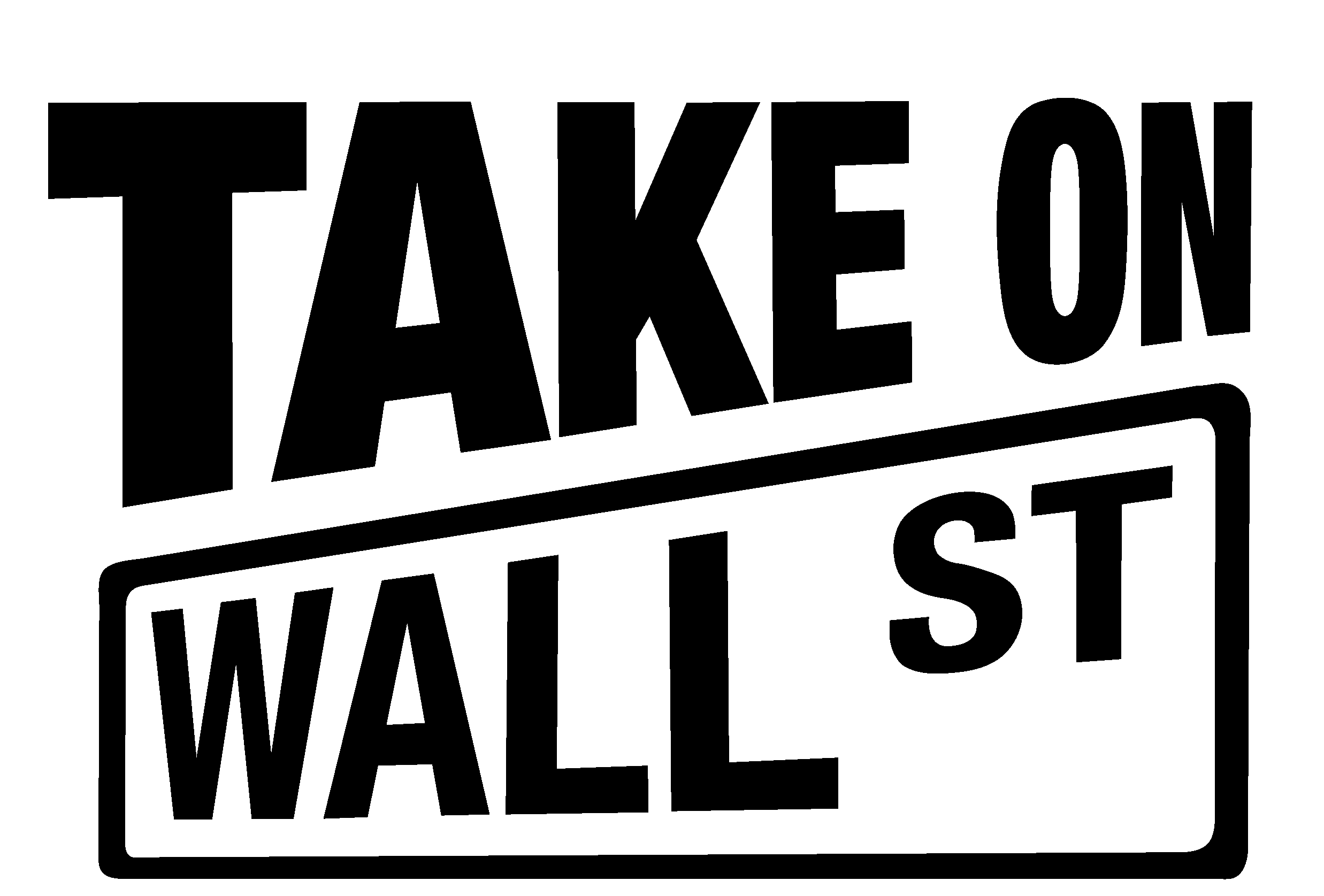October 4, 2021
The Save the Post Office Coalition came together last summer after Postmaster Louis DeJoy was appointed and began cutting service and slowing down the mail. The coalition’s membership includes over 300 organizations that range from national groups like Public Citizen, ACLU, NAACP, Indivisible, MoveOn, Color of Change, the American Postal Workers Union, National Farmers Union, VoteVets, and RuralOrganizing.org, to state groups like Mainers for Accountable Leadership, Alaska PIRG, and Kentuckians for the Commonwealth. Our asks of Congress and the Biden administration are here.
Today, the postal service officially launched a modest check cashing pilot in four post offices to expand its non-bank financial services.
“Given that experts and elected officials have been calling on the USPS to pilot postal banking for years, these pilots are long overdue. They are late to this party, but they have at least rung the doorbell,” said Porter McConnell, co-founder of The Save the Post Office Coalition.
Postal banking is badly needed in the U.S. One in four households in the U.S. are unbanked or underbanked, and 13,000 bank branches across the country have closed since 2008. Banking deserts are a fixture of rural life, and in urban population centers with low-income, Black, and Brown residents. Communities with post office retail locations tend to be underserved by other banks, including by smaller community banks with less than $10 billion in assets and credit unions. Sixty-nine percent of census tracts with a post office retail location do not have a community bank branch, or 14,938 census tracts representing 60 million people. Seventy-five percent of tracts with a post office retail location do not have a credit union branch.
The USPS also needs new sources of revenue for the twenty-first century, and post offices around the world get an average of 18% of their revenues from financial services.
Postal banking is not even new: the USPS offered postal banking accounts from 1911-1967, and only stopped from a combination of intense bank lobbying and ultimately-unfounded optimism from elected officials that the introduction of FDIC insurance would lead to private banks providing affordable retail banking to low-income customers.
Continued McConnell: “While any movement toward postal banking is progress, the size and scope of the pilot is not enough. If the bank lobbyists are going to come down like a hammer for the smallest steps toward postal banking, and they will, why not help more people sooner and make the program harder for them to destroy? Charging customers $5.95 to cash a paycheck — $1.95 more than Walmart charges — is way too expensive, and does not move make peoples’ lives easier. They should price the service affordably as they do with their wildly-popular money order program.”
The House passed an FSGG Appropriations Bill for fiscal year 2022 that “directs USPS, in collaboration with the U.S. Treasury and/or Federal Reserve, to carry out pilot programs (in at least five urban zip codes and at least five rural zip codes) to expand its current non-bank financial services to surcharge-free automated teller machines, wire transfers, check cashing, and bill payment to the fullest extent permitted under current statutory authority.”
“To meet the need for and potential from expanded financial services, the USPS must launch pilots for this full menu of services, in at least five rural and five urban locations, but given that there are 31,000 post offices in this country, the pilot should really be rolled out in thousands of post offices,” said McConnell.
While these pilots are ongoing, Congress must pass the Banking for All Act to be introduced this fall by Senate Banking Chair Sherrod Brown and House Financial Services Chair Maxine Waters. The bill directs the USPS — as well as community banks and credit unions — to serve as the branch system for no-fee checking and savings accounts with the Federal Reserve. Anything less is too incremental to address the urgent need.

Leave a Reply